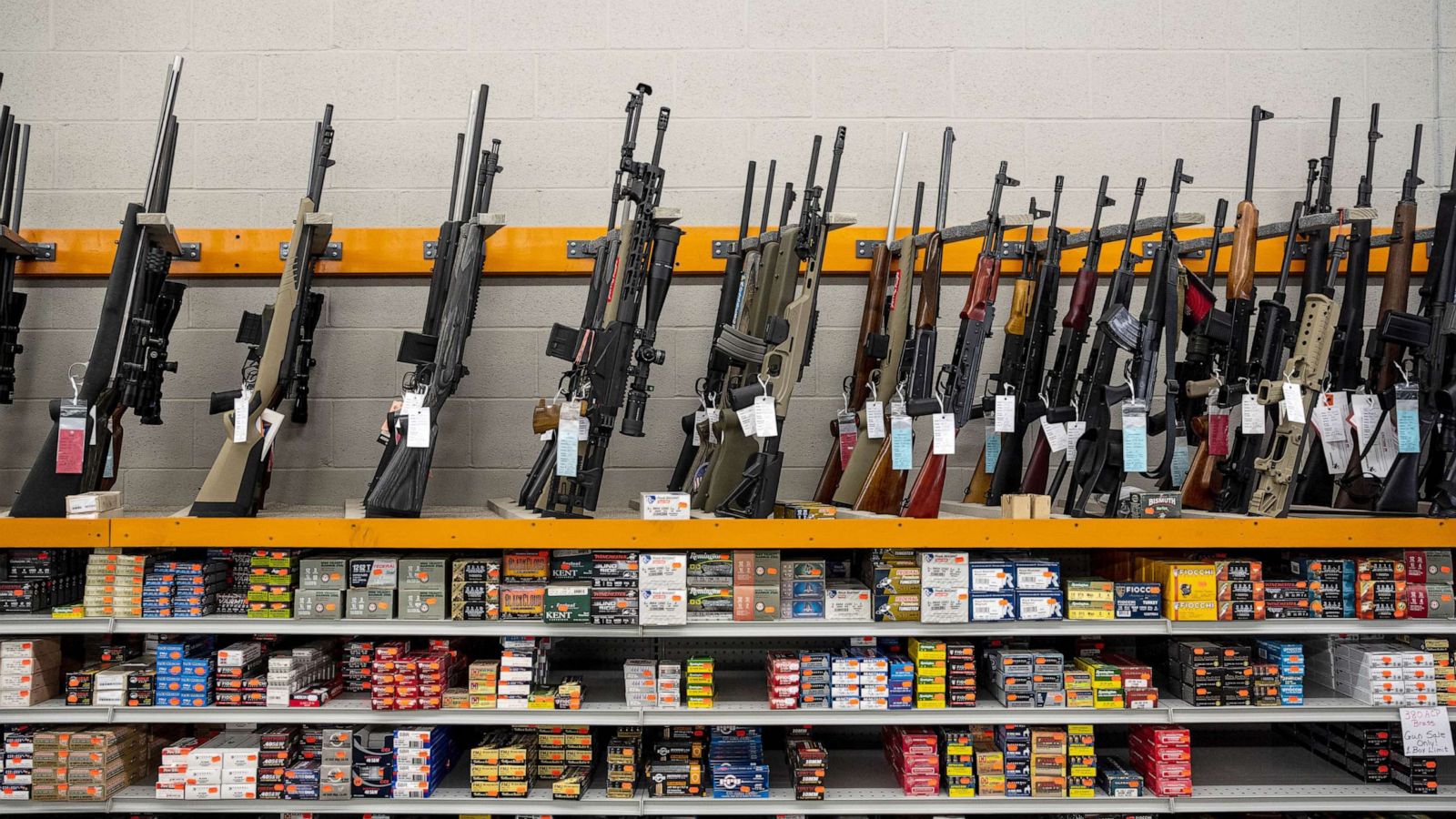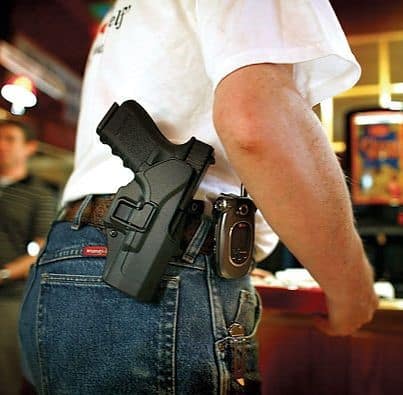Kentucky Gun Laws
Whether you’re a resident or a visitor in Kentucky, understanding the concealed carry laws is essential to ensure your safety and compliance with the regulations. This article provides an in-depth overview of Kentucky’s concealed carry laws, including open carry, carrying in vehicles, state parks, restaurants, constitutional carry, signage enforcement, and more.
Introduction
Kentucky’s concealed carry laws govern the carrying of firearms in various settings, ranging from public spaces to private establishments. It’s important to note that while Kentucky is known as a constitutional carry state, there are still regulations and restrictions in place to ensure public safety and the responsible use of firearms.
Open Carry Laws
Kentucky allows individuals to openly carry firearms without a license. As long as you’re at least 18 years old and not prohibited from possessing a firearm, you can openly carry a firearm. However, be prepared for police attention, as open carrying can attract their scrutiny.
Carrying in Vehicles
If you’re 18 or older and not prohibited from possessing a firearm, you can carry an unloaded firearm in a vehicle’s closed container, compartment, or storage space. This includes spaces like glove compartments, center consoles, and seat pockets. However, if you wish to carry a loaded or unloaded firearm on your person, you must be at least 21 years old.
The Law: KRS 27.020
KRS 27.020 is a key law governing concealed carry in Kentucky. This statute outlines various aspects of carrying concealed firearms and provides essential guidelines for gun owners in the state.
Carrying in State Parks
Kentucky’s concealed carry laws extend to various public spaces, including state parks, state/national forests, state wildlife management areas, and roadside rest areas. While concealed carry is generally permitted in these areas, it’s crucial to stay informed about specific regulations and any changes that may occur.
Carrying in Restaurants
Concealed carrying is allowed in restaurants open to the public, provided they can accommodate at least 50 diners and earn less than half their annual revenue from alcohol sales. However, it’s important to note that concealed carry is not permitted in the bar section of these establishments unless specific postings allow it. Standalone bars, on the other hand, prohibit concealed carry entirely.
Kentucky Gun Laws on School Property
Kentucky generally prohibits carrying firearms, loaded or unloaded, onto any elementary or secondary public school grounds. There are a few exceptions, such as possession by school resource officers. Carrying a firearm into postsecondary schools like universities may also be restricted by institutional policy. Signage must indicate restricted areas.
Constitutional Carry
Kentucky is considered a constitutional carry state, meaning that individuals have the right to carry firearms without a license in most public places. This underscores the state’s commitment to upholding the Second Amendment rights of its citizens.
Enforcement of “No Weapon” Signs
While Kentucky gun laws do not explicitly mention “No Weapons” signs, private businesses have the authority to ban concealed carry on their premises. This rule doesn’t apply to open carry. Leasing or renting housing does not grant the right to restrict concealed carry, but private employers can regulate employees’ concealed carry in company-owned vehicles.
Employer Regulations
Private employers can prohibit employees from concealing handguns or other weapons in company-owned vehicles. However, they cannot restrict carrying in vehicles owned by individuals. State and local government employers can ban weapons within their buildings but not in vehicles.
Interaction with Law Enforcement
Kentucky gun governance does not require individuals to inform law enforcement officers about possessing a firearm during official interactions. While there’s no obligation to disclose, it’s advisable to exercise caution and follow the officer’s instructions for everyone’s safety.
Conclusion
Understanding Kentucky’s concealed carry laws is crucial for responsible gun ownership and compliance with regulations. Whether you’re interested in open carry, carrying in vehicles, or navigating specific areas like state parks and restaurants, being informed helps ensure a safe and legal experience.
FAQs;
Q1. Can I openly carry a firearm in Kentucky without a license?
Yes, Kentucky allows open carry without a license for individuals who are at least 18 years old and not prohibited from possessing firearms.
Q2. Are “No Weapons” signs enforced in Kentucky?
Kentucky gun laws do not explicitly mention these signs. Private businesses have the authority to ban concealed carry, but this doesn’t apply to open carry.
Q3. Can employers restrict concealed carry among employees?
Private employers can prohibit concealed carry in company-owned vehicles but not in vehicles owned by individuals. State and local government employers can ban weapons within their buildings but not in vehicles.
Q4. Do I need to inform law enforcement about carrying a firearm?
Kentucky gun laws do not require individuals to inform law enforcement officers about possessing a firearm during official interactions.
Q5. Can I have a pistol in my car at 18 in Kentucky?
No, in Kentucky you must be at least 21 years old to carry a concealed deadly weapon, including pistols, both on your person or in a vehicle. Therefore, someone who is 18 years old cannot legally have a pistol in their vehicle.
Q6. What is constitutional carry in Kentucky?
Kentucky is considered a constitutional carry state, granting individuals the right to carry firearms without a license in most public places.
Q7. Can you carry a loaded gun in your car in Kentucky?
Yes, in Kentucky you can legally carry a loaded handgun in your personal vehicle without a concealed carry permit. This applies to both residents of Kentucky as well as non-residents traveling through the state, as long as they are legally allowed to possess firearms.





